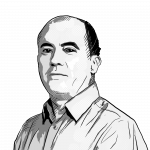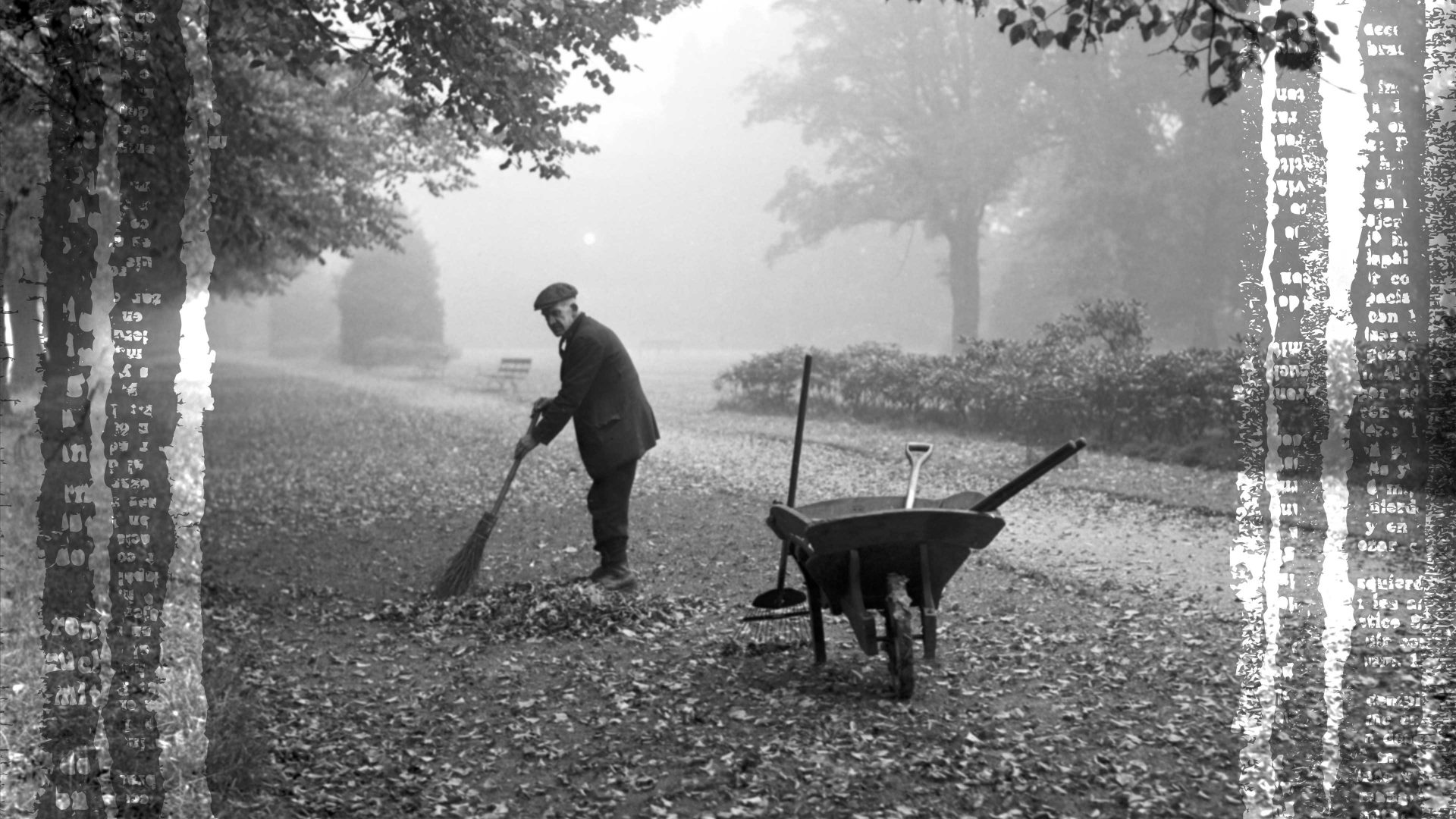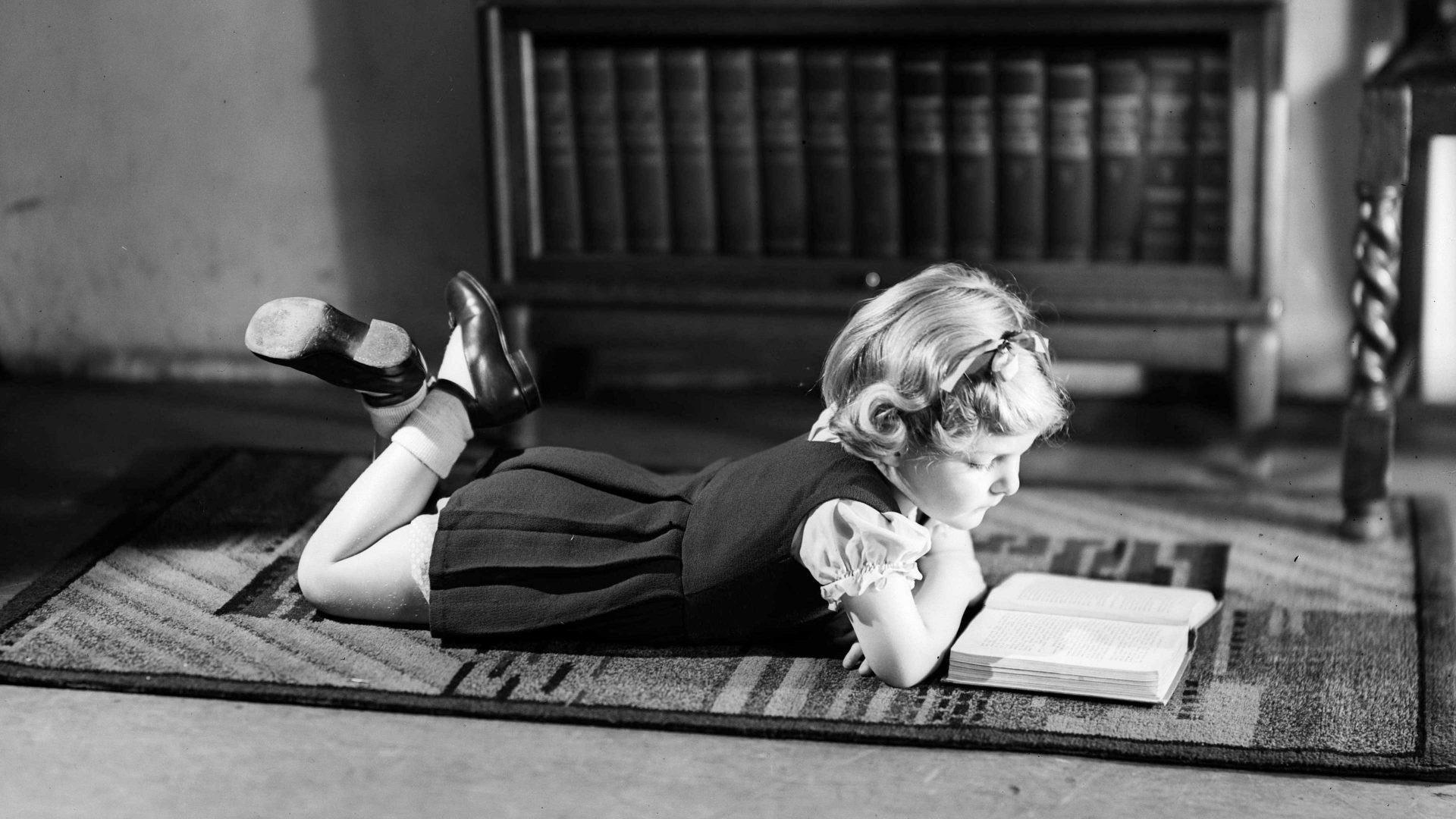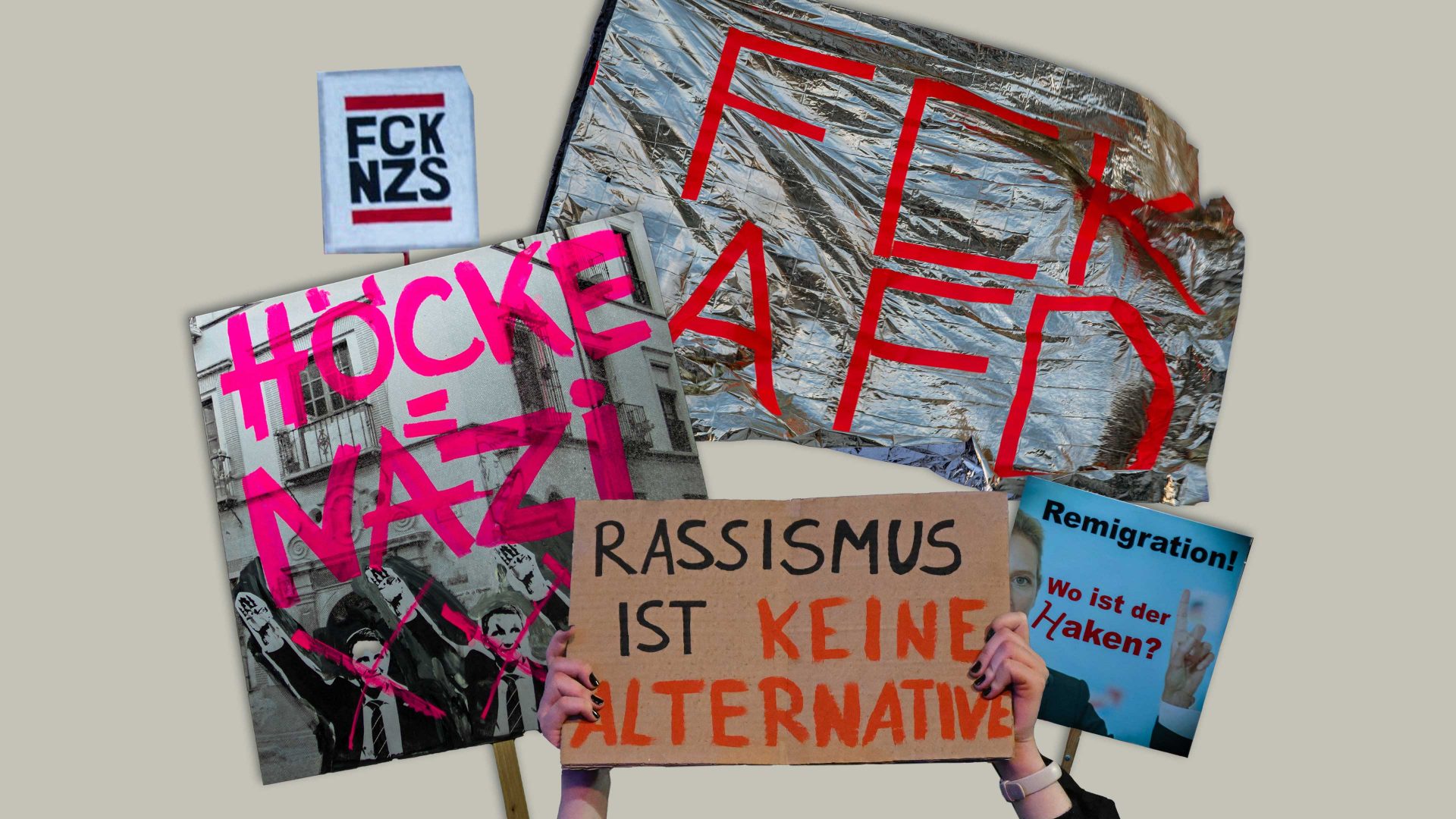I don’t think I ever spoke to him. But during my pre-school childhood I saw him pretty much every day as I wandered through Cleckheaton’s Memorial Park with my grandfather. As we walked past rows of carefully tended flowers and clipped grass, there he was. If the sun was out he’d be wheeling a barrow or forking soil. But mostly, this being West Yorkshire, he’d lean on his spade looking silently out of his shed at the incessant rain.
My grandfather would nod. He would nod back. At that age I’d never heard of Francisco Franco, but I later learned that the gardener had left Valencia following the end of the Spanish civil war in 1939. He had no choice. He’d been on the wrong side, members of his family killed by Franco’s fascists. And he’d rocked up in Cleckheaton, which must have seemed a million miles from his city of the Mercado Central, of paella and fragrant orange groves.
It was the late 1960s. Most Britons had yet to discover the pleasures of package holidays in Marbella or Majorca, let alone begun demanding Serrano ham or Rioja in their supermarkets. What did he make of warm beer, cricket and instant coffee? And surely baked beans could never compensate for the loss of fabada. At least the weather ensured the grass grew.
Despite the language barrier, my grandfather engaged with him each morning. Hello. The weather. Nice rhododendrons. He seemed happy that somebody took the time to speak. Then, one day, he had a visitor. Apparently on Saturdays he visited Leeds, where the small Spanish community offered him a chance to talk in his native tongue. And he’d asked one of the group, who could also speak English, to visit Cleckheaton to act as his translator, to help him break the ice with the man who spoke to him every morning.
She told us he’d escaped across the Pyrenees, spent months in a refugee camp and then set out for London, where he believed a family member lived. He never found them and chose to head for a less expensive part of the country, finding work after meeting a local Labour councillor who fought with the International Brigades against Franco’s forces. And here he stayed.
A sympathetic soul, my grandfather subsequently befriended him, taking him to his dominoes club in the hut at the bottom of the park and trying to show him the nuances of crown green bowls. The woman told my grandfather that he appreciated his friendship more than anything in the world. I remember the tear in the gardener’s eye as he nodded. Yet, still, they could barely exchange a word.
He almost certainly arrived on a boat, a commercial flight beyond his means. It might have been a scheduled ferry. Who knows, it might have been a small boat. Today, he would have been described as part of an “invasion” by our recently departed home secretary, Suella Braverman. And he didn’t especially integrate. How could he?
In 2023 he would probably be denied citizenship on the grounds of being a single male, arriving “illegally”, with no proof he would be persecuted if repatriated. Those marks on his arms? Probably self-inflicted. Threatened by a right wing dictator? Probably a pack of lies. Let him do his gardening in Rwanda.
Yet he gave a lifetime’s service to the people of Cleckheaton, tending the park containing a memorial to their dead. People he’d never met in a war he never fought. The people rewarded his industry by offering him refuge. My grandfather was by no means cosmopolitan. He never travelled abroad and only visited London twice. Yet, perhaps because of this, he inherently understood how isolated the gardener must have been, spending his entire adulthood separated from anything familiar.
Citizenship is not uniform. Quoting Shakespeare, listing monarchs or knowing how many goals Harry Kane has scored for England is no measure of one’s contribution. The gardener asked for nothing except sanctuary and peaceful coexistence with the townspeople where he made his home. He returned the favour by working and paying taxes. And he formed a singular friendship with my grandfather, based on their shared humility. Could they have met today or would the gardener instead be tending shrubs outside his asylum hostel, awaiting a decision on his application?
I don’t know if he visited Spain again. I went away to university. When I returned he was no longer there and my grandfather had died. I missed any chance to question him about his life. I never even knew his name.




